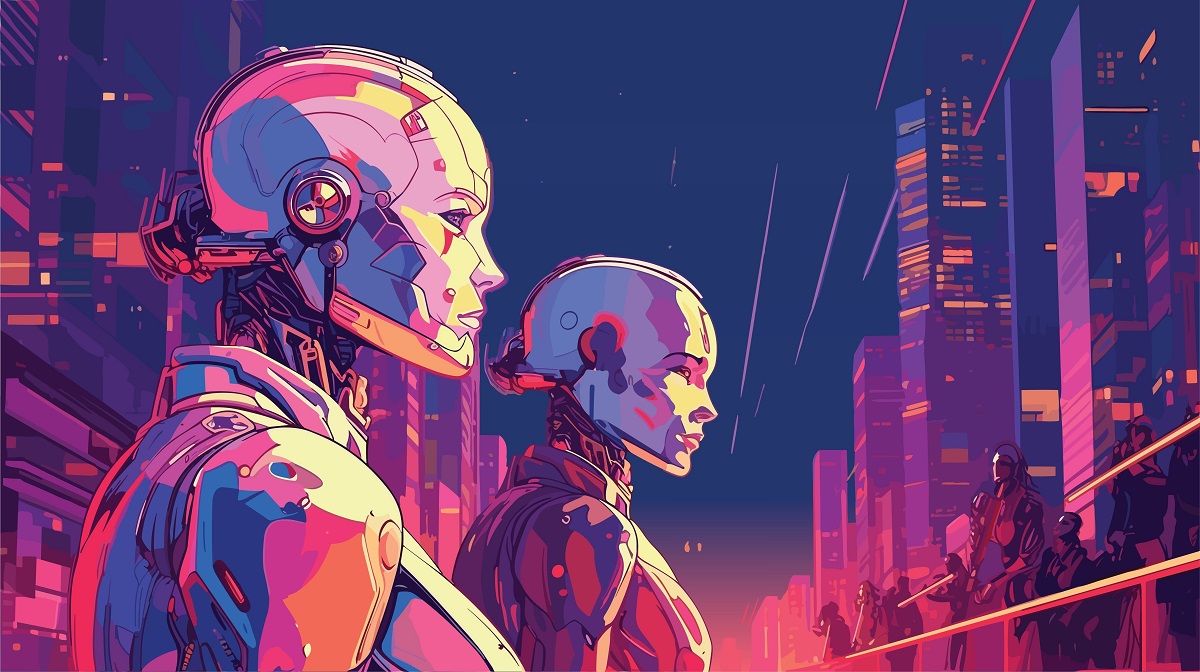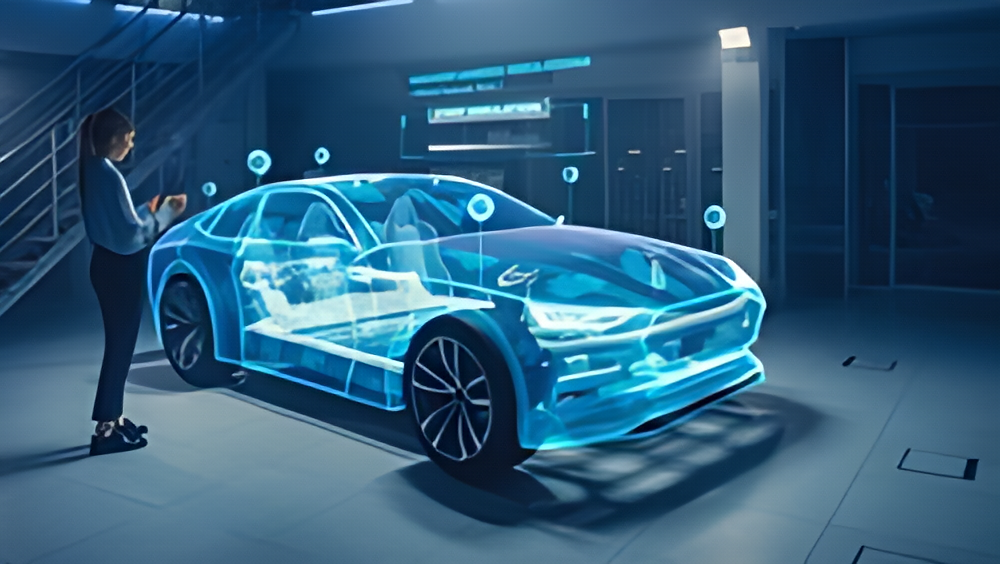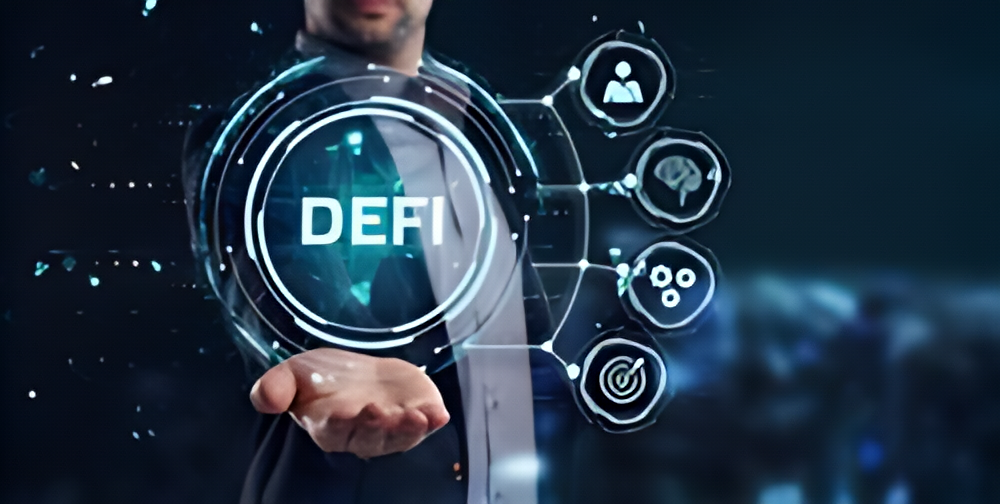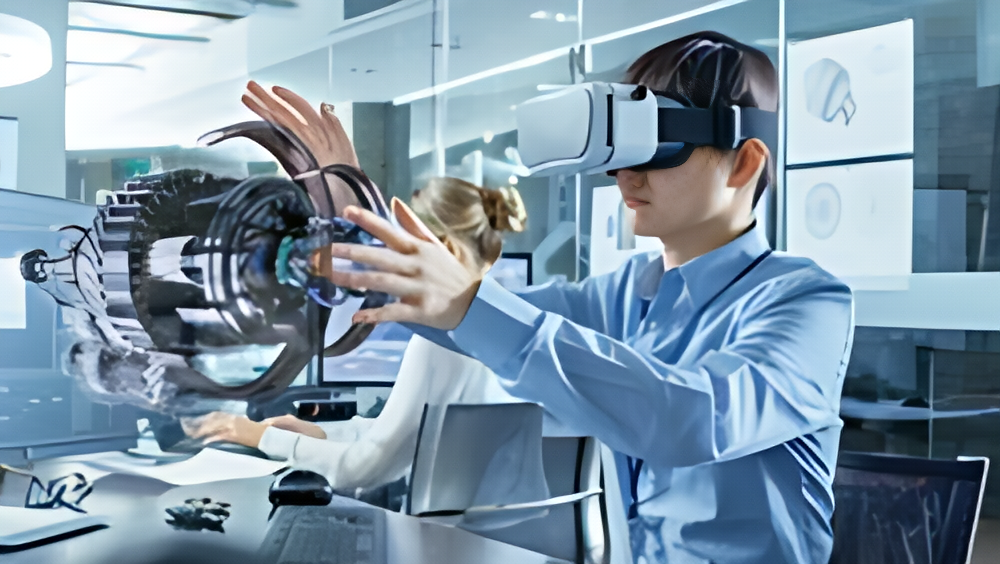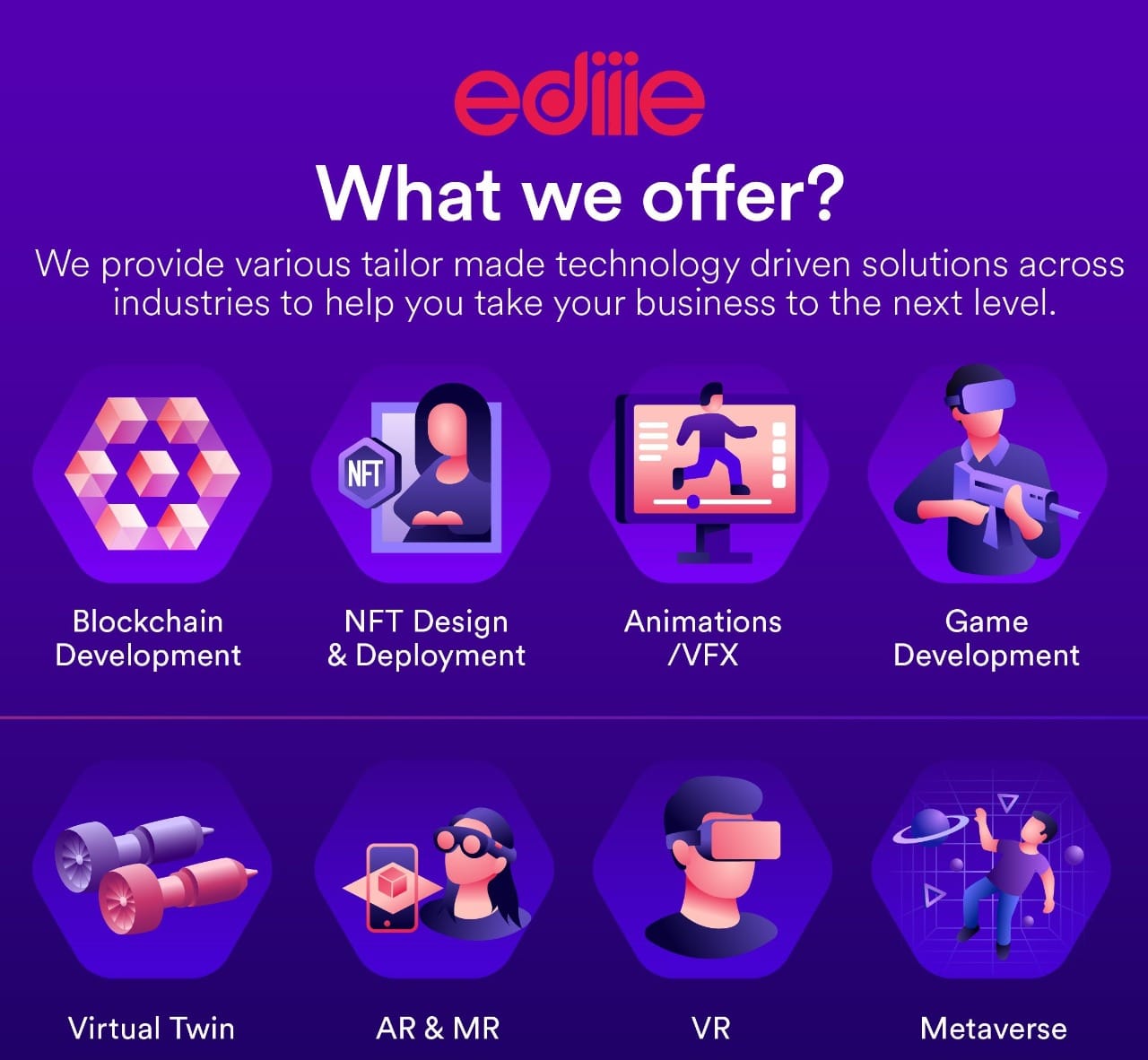What is Adaptive AI? Why Businesses Should Adopt It
Imagine, if you will, a car that learns from what it sees on the road the longer it drives! A self-driving vehicle that can begin to make new decisions about navigating the streets and highways safely without any further programming.
That’s the sort of potential that is enabled by adaptive AI. A form of AI that can make any program or model become smart at improving itself and learning more over time.
It's not exactly the same as the other types that we’ve explored, such as generative or conversational AI. Yes, adaptive AI can enable a program to learn new things and then modulate its response in accordance with it.
However, the data it learns and the insights it receives are largely used to improve existing systems or conditions. And that makes it the perfect fit for those seeking to stay ahead of the curve in today’s landscapes.
What is Adaptive AI?
Artificial intelligence programs and systems that possess the ability to learn from new data while in use make up the bulk of what we know as adaptive AI.
It can be a tool or a model that one’s using for their work, and while it is running, it will be adapting to how the circumstances change, including the interactions between it and the user.
Like artificial intelligence in gaming, adaptive AI systems can modulate their responses and how they function based on what they learn. These are some of its key components:
Self-taught
As highlighted earlier, adaptive AI systems have the ability to learn from the data it encounters. In fact, it is designed to learn through its experiences.
The developer or company deploying such a program or tool can modify the parameters for the AI or change algorithms that will improve this component.
Primed for Feedback
What this entails is that adaptive AI programs are also made to have an in-build feedback mechanism. This allows for recording real-world outcomes, what the user using the tool faced, and more.
And essentially allows the program to refine itself and its functions by focusing on the data it collects as ‘feedback.’
Resilient Design
As an adaptive AI system, it is often a given how flexible and supple the design actually is. But that isn’t limited only to the particular field or area it has been set up for.
It can modify its approach in response to various factors and doesn’t need to stick to the rules that have been defined for it.
Continuous Improvement
As a result of its nature, adaptive AI is also best known for its ability to actually evolve in response to new situations. This includes any personalization or customizations that the tool has to undertake.
But over time, it sees the program to exist and work at a state that is always seeing improvements, with more accuracy and effectiveness.
In addition to these components, one should know that though the word ‘adaptive’ in adaptive AI implies an inherent level of flexibility, the extent of this is directly related to the system and its architecture.
And similar to other forms of artificial intelligence programs, such as blockchain AI, adaptive AI systems have their uses spawning across various industries – such as finance, customer service, healthcare, and more.
Healthcare to Security: 5 Remarkable Use Cases of Adaptive AI
Adaptive AI systems see their ML algorithms being constantly updated with new data over time. This is a major advantage of such tools and models as they can learn and train on this data to optimize its functions.
Since this data could be sourced from any point, it opens up the possibility of adaptive AI programs being used for a variety of applications in today’s world. Let’s take a look at some important use cases of adaptive AI in the modern landscape:
1. Adaptive AI in Healthcare
Adaptive artificial intelligence has the potential to improve customized health treatments, forecast patient outcomes, and identify illnesses sooner.
Adaptive AI, for example, may be used to assess patient data such as healthcare history, test findings, and lifestyle variables to identify people at risk for particular illnesses. It may also be used to monitor patient progress and make necessary changes to treatment strategies.
2. Adaptive AI in Manufacturing
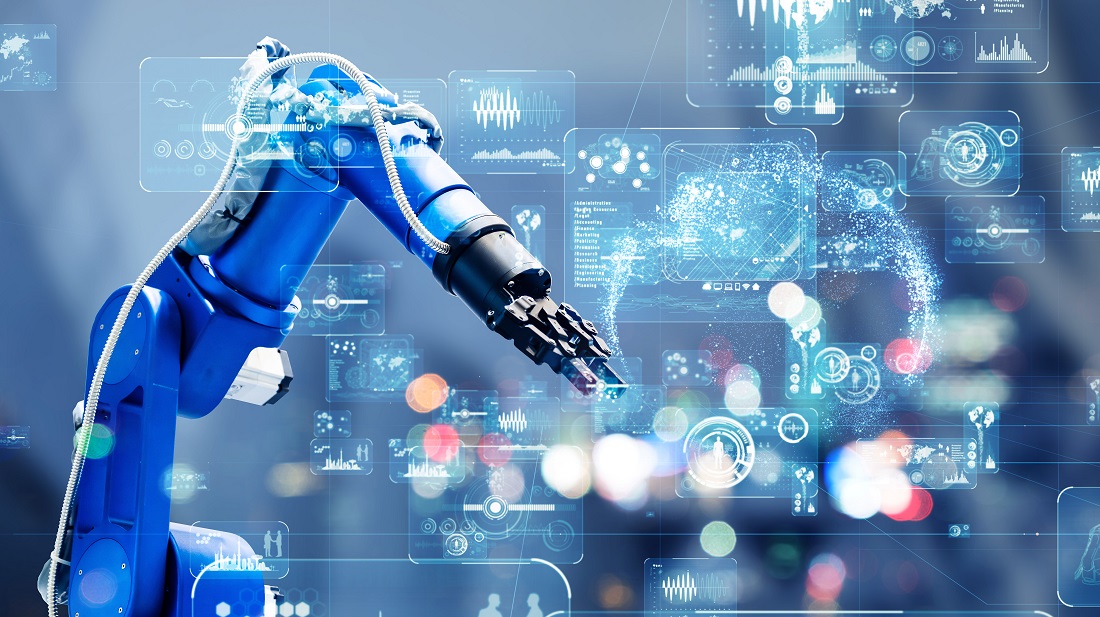
For those familiar with the concept of predictive maintenance, another use of adaptive AI outside the tech hubs and in a major industry is its use in improving manufacturing processes.
AI in manufacturing can optimize production, lead to better quality control, and reduce instances where time or resources might get wasted.
As an example, one may consider how adaptive AI systems can be used to analyze the data from the production phase, where machines are being utilized, and identify which areas can be improved.
As it adjusts, it will also help manufacturers forecast the demands for their products and tune their production work accordingly.
3. Adaptive AI in Finance
Adaptive artificial intelligence (AI) can also be deployed to identify fraud, monitor hazards, and to arrive at choices regarding investments.
Adaptive AI, for example, could possibly be used to examine trades in money and detect trends that may suggest fraud. It can additionally be employed to keep track of the market's movements and spot possible problems.
4. Adaptive AI in Transport
One of the most famous or recognized applications of adaptive AI across various domains, spawns from the automotive industry. Here, adaptive AI is used in tandem with designing cars that are meant to have self-driving capabilities.
Moreover, it can also be used by governing bodies or public regulators in charge of managing traffic. Or simply improve the spatial intelligence of the smart cars of today.
For instance, adaptive AI systems can be used to read and train incoming traffic data. Then, as it adapts, it will automatically detect patterns that are typically seen or associated with road accidents.
Armed with data from vehicles having driven on roads, adaptive AI can also serve in controlling self-driving cars which get smarter the more they are used.
5. Adaptive AI in Cybersecurity
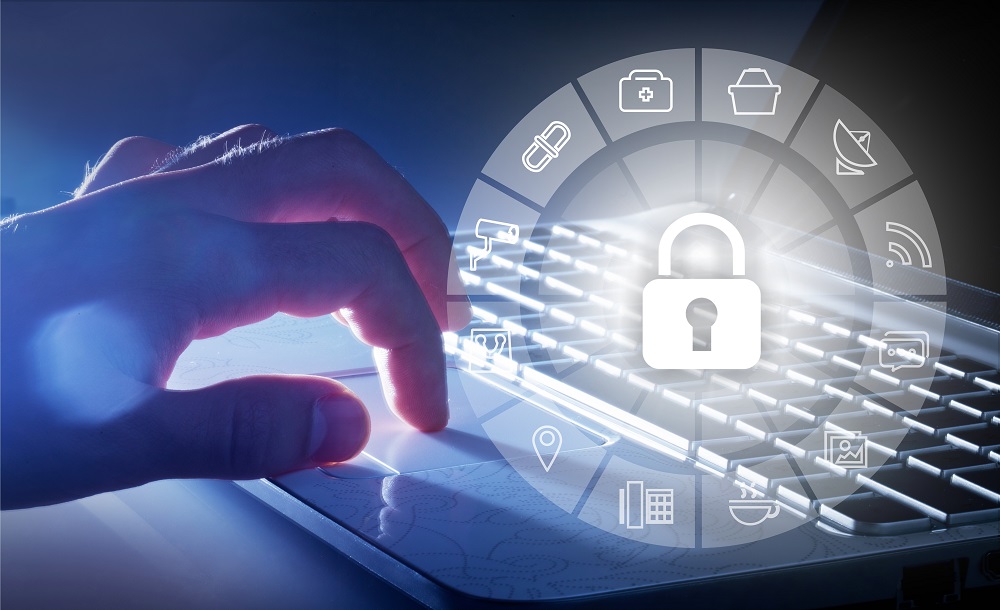
Cyberattacks may be detected and responded to with the correct application of adaptive AI systems and similar programs. Using an automated AI system that adjusts from case to case can be useful in this situation.
For example, it may be used to monitor network data and detect trends that could suggest a cyberattack. It could also be employed to create fresh safety precautions to stave off cyberattacks.
These make up some of the important use cases that we’ve seen stem from using adaptive AI across various fields. The flexible and smart nature of this type of AI is quite useful for companies and even businesses.
As they can use such AI systems to improve on existing things within their ecosystems. And even discover new uses, as the tech evolves.
Ahead of the Curve: Power of Adaptive AI in Business
As we’ve seen in the applications above, adaptive AI holds massive potential in how it is deployed in various fields. In that same vein, it can also help businesses across a series of processes that will ultimately, help them in improving their performance.
Let’s take a look at some applications that highlight why one should integrate adaptive AI in business:
1. Enhancing Efficiency
Adaptive AI may be implemented to streamline processes, freeing up staff' resources as well as their time to focus on more important duties.
2. Reducing Risks
The AI system can detect and manage threats such as forgery, embezzlement and various types of attacks that may come online or offline.
3. Faster Decisions
Adaptive AI may be used to evaluate data and create forecasts, which can help organizations make more informed choices about costing, advertising, and the manufacturing process.
4. Save on Costs
For businesses looking to expand their revenue or lower the costs to their company, adaptive AI systems may be used to find cost-cutting opportunities. This may include steps such as streamlining supply chains or increasing efficiency using AI-assisted tools.
5. Shortcut to Innovate
Adaptive AI may be used to create new goods and services as well as enhance existing ones. That’s because with an AI system which is smartly adjusting to new changes, professionals on the job can better allocate their time and resources in designing anew or on other aspects.
6. Customer Experiences
When dealing with customers for a business, adaptive AI systems may be relied on to collect and evaluate consumer data in order to generate tailored experiences.
This would leave room for a touch of personalization such as proposing products or offerings that will probably be of value to any given customer.
And there you have it. These are some ways in which adaptive AI can help businesses improve their performance within their respective industries.
By helping organizations set up their tasks to operate seamlessly and better analyze their data, these systems can help a company in saving their time, resources, and capital.
Examples of Adaptive AI in Business
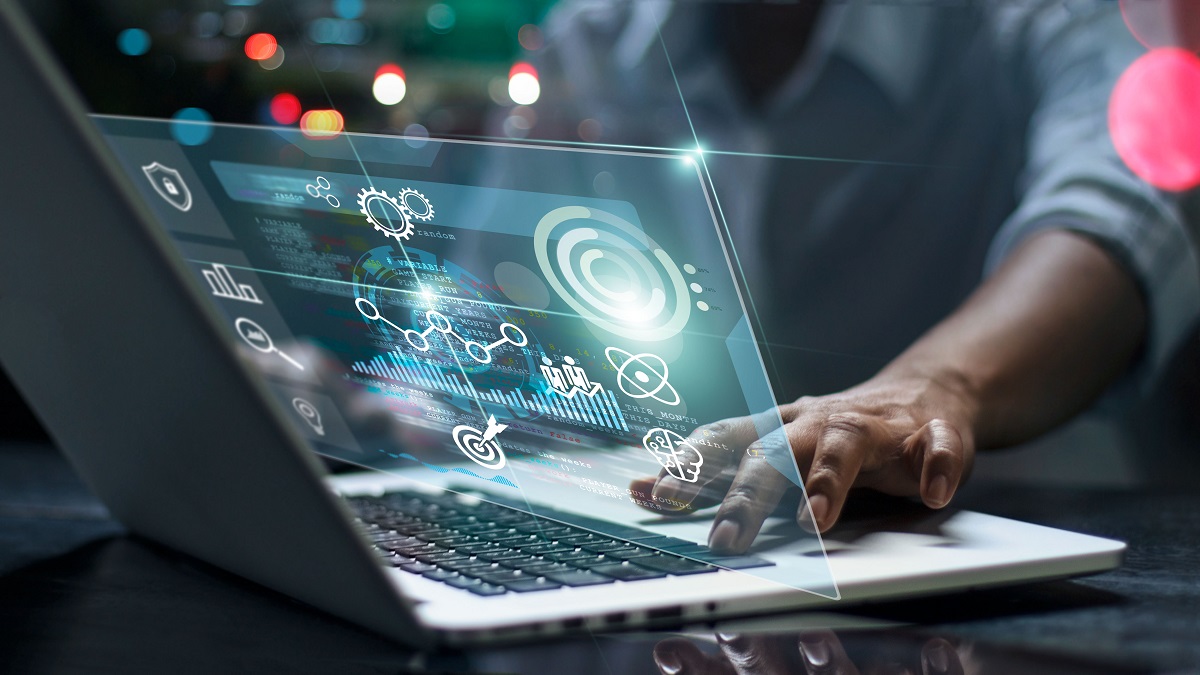
Here are some businesses that actively use adaptive AI for these purposes:
1. Amazon using Adaptive AI
As an e-commerce company, Amazon has focused its use of adaptive AI systems in assisting with customers’ buying preferences. It recommends which product a customer should buy, fills their feed accordingly for a tailored shopping experience.
2. Spotify Using Adaptive AI
While their customers are streaming music on their platform or app, Spotify uses adaptive AI to help their users discover music suited to their choice. And also recommend other songs or podcasts that might fit their listening experience.3. Walmart Using Adaptive AI
As a major retail corporation, Walmart handles massive quantities of products as part of its daily operations. As such, it has taken to using adaptive AI for sorting out its supply chain – by correcting and fixing its inventory and optimizing for better storage and space.
4. Netflix Using Adaptive AI
Netflix is arguably one of the largest streaming services online, spanning across various countries. It engages with customers demanding various types of content from the OTT platform and thus relies on adaptive AI tools to help with its customers.
The AI sorts out recommendations and personalizes the streaming experience of their users, based on their interests.
5. Uber Using Adaptive AI
As a transport conglomerate, Uber sees the use of adaptive AI as mainly improving its safety features and adjusting different pricing levels.It also helps their riders in getting matched with their drivers as and when required.
Adaptive AI Integration: Elevating your Business
Based on these examples of companies that have integrated adaptive AI into their operations, one can see how the choice can be pivotal for businesses.
The modern landscape rewards companies that can strive to change their techniques and methods and update them as they grow.
And adaptive AI is one such transformative technology that can help businesses stay ahead of the curve through continuous improvements.
As an AI and blockchain development company, we can help you leverage this technology to elevate your enterprise. Whether it’s for personalizing your customer’s experiences or fostering a culture of making data-driven decisions.
Contact our team at EDIIIE for a quick consult. And for a more adaptive future for your business!
